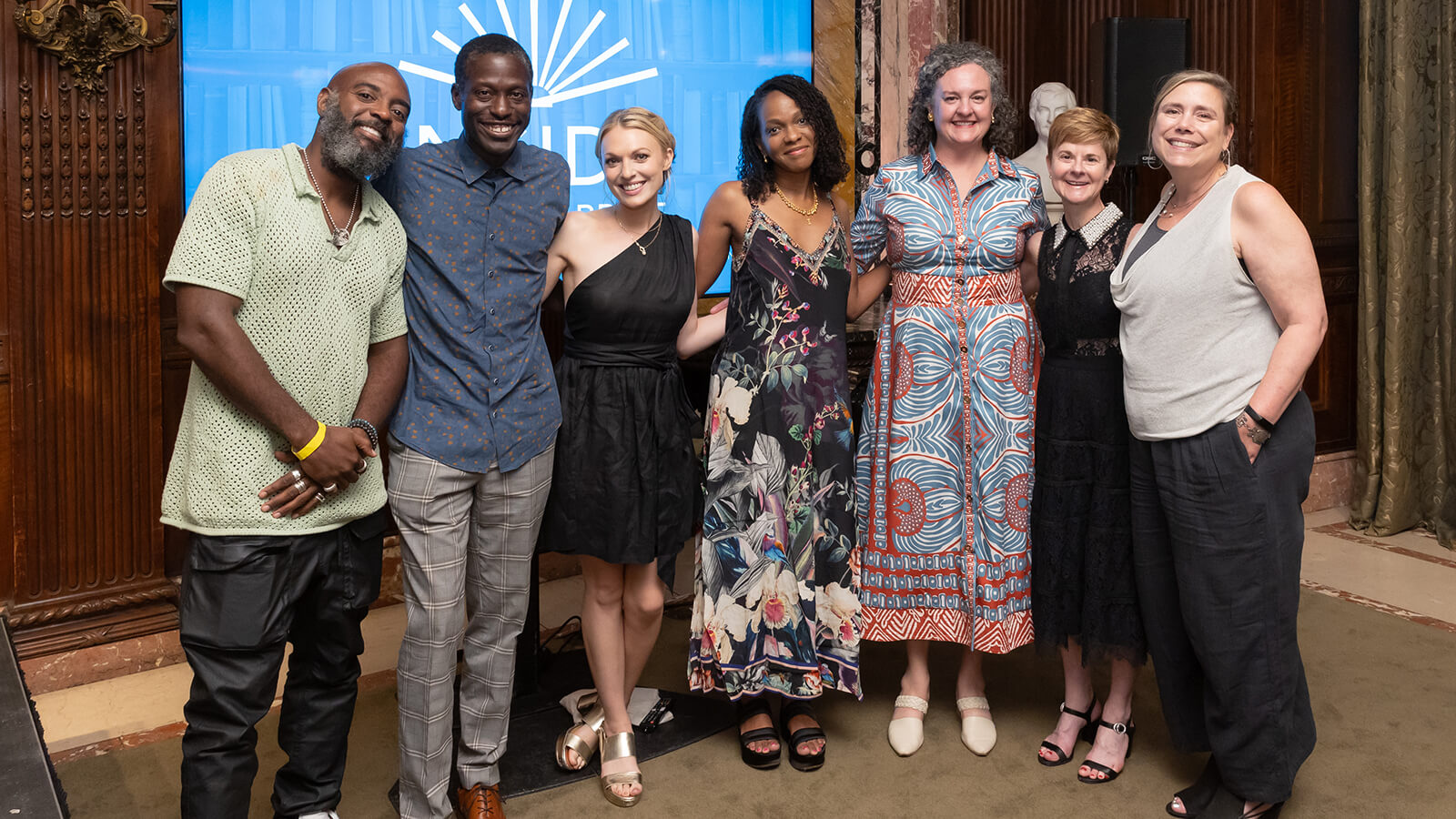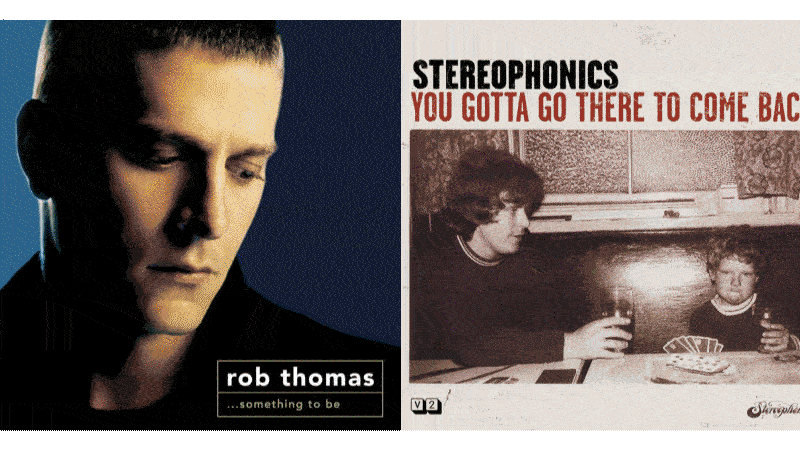Books Saved Reginald Dwayne Betts In Prison – Now, He’s Behind The Literature Prize Voted On By Incarcerated Readers
In the poem, Essay On Reentry For Nicholas Dawidoff, Reginald Dwayne Betts writes:
Of prison, no one tells you the time
will steal your memories – until there’s
nothing left but strip searches & the hole.
He is speaking from experience.
As a 16-year-old in the ’90s, Betts was involved in a carjacking that got him locked up for eight years and three months in various prisons across Virginia in the United States. Over a year of that time was spent in solitary confinement, sometimes known by prisoners as ‘the hole’.
One day, during solitary (which involves 23 hours a day spent alone in a cell), someone pushed a copy of The Black Poets under his cell door. The 1971 anthology, full of thought-provoking poetry from the likes of Lucille Clifton and Nikki Giovanni, inspired him.
The simple act of reading first inspired Betts to become a poet, and then to pursue higher education. After he was released in 2005, he secured a Master of Fine Arts degree and a law degree from Yale Law School. He is now partway through a PhD programme at Yale. It is of little surprise that Betts now says, “Freedom begins with a book.”
As the world slowed down during the early days of the coronavirus pandemic in 2020, Betts focused on liberation. He founded Freedom Reads, a non-profit that places libraries in prisons across America. There are currently 345 Freedom Libraries. The goal is to establish 20,000. According to the most recent National Adult Literacy Survey, 70% of incarcerated adults in America cannot read at a fourth-grade level.

With its library initiative, Freedom Reads brings books and handcrafted bookshelves to prisons but also invites award-winning writers, such Randall Horton, in to speak to prisoners. As Betts reminds me over a video call, “a library is never just one thing.”
In 2023, inspired by a New York Times article about a similar prize in France – the Goncourt des détenus – Lori Feathers, the co-owner of an indie bookstore in Dallas, Texas, partnered with the Center For Justice Innovation, the National Book Foundation and Freedom Reads to set up the Inside Literary Prize – an award voted on by prisoners.
Earlier this year, over 200 incarcerated voters from 12 prisons across six states spent months reading and voting on four books. The books were: The Rabbit Hutch by Tess Gunty; The Haunting Of Hajji Hotak And Other Stories by Jamil Jan Kochai; South To America: A Journey Below The Mason-Dixon To Understand The Soul Of A Nation by Imani Perry and Best Barbarian: Poems by Roger Reeves. All are titles which – in the words of Ruth Dickey, the executive director of the National Book Foundation – “wrestle with justice and injustice” and were previously recognised by the National Book Awards, one of the most prestigious book prizes in America.
The 200 judges were sent paperback copies to read, as hardbacks are not allowed in most prisons (as they can be used to hide contraband).
Imani Perry won. She was awarded $4,860, which represents five years working at a wage of 54¢ per hour – the amount Betts earned working a prison job while he was incarcerated.
During the inaugural prize ceremony on 6 August at New York Public Library, Perry, a Harvard professor of Women, Gender, and Sexuality, and African and African American Studies, said: “In this honour, I renew my sense of responsibility to the millions of people incarcerated and under state supervision. Not as a matter of charity, but rather out of the deepest respect for the insight that comes from seeing society from the corners that it keeps hidden… may this recognition of the intellectual life that exists behind bars extend much further.”

Dickey said Perry’s speech brought everyone to tears: “She sobbed, and I think all of us sobbed, and it was just beautiful.”
The most important members of the Inside Literary Prize – the incarcerated voters – could not attend the ceremony, but some did appear via a brief video message.
The hope is that the Prize will continue and gain prominence. Or as Dickey simply put it: “Just more attention to the prize would be special.”
And as Betts concludes, asking incarcerated people to evaluate writing sends an important message. “As a writer, if you ever submitted to a prize – what did the judges say about you as an individual? They said your writing matters. And you choosing to submit yourself to that prize… you said those judges matter. Being judged for a prize is fundamentally about saying, ‘Who do you value as an audience?’”
Seun Matiluko is a British writer and researcher in law, race and politics. She has written for publications including Gal-dem, The Independent and Glamour, and is the host of the podcast Seun’s Talking Drum British and West African




